Academic and Research Skills
Basic Science
Career Development
Clinical Research
Diversity, Equity, and Inclusion
Health Services Research
Medical Education
Trainee
Creating and Capturing Critical Metrics of Successful Scholarship in Training the Pediatrician-scientist Workforce
-
DM
Daniel Moore, MD, PhD
Associate Professor
Vanderbilt Uninversity Medical Center, Tennessee, United States -
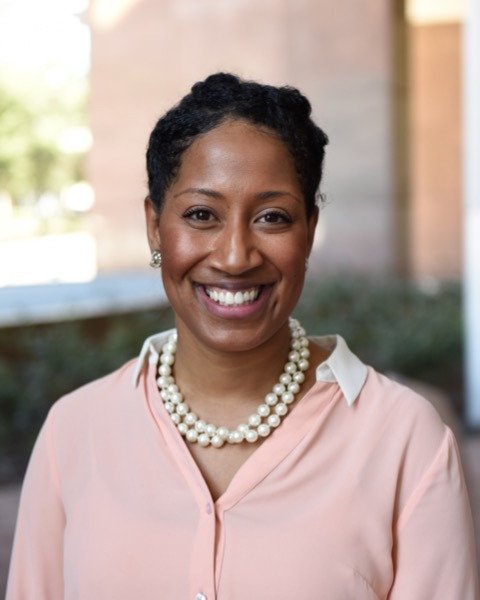
Audrea Burns, PhD
Associate Professor
Baylor College of Medicine
Houston, Texas, United States -
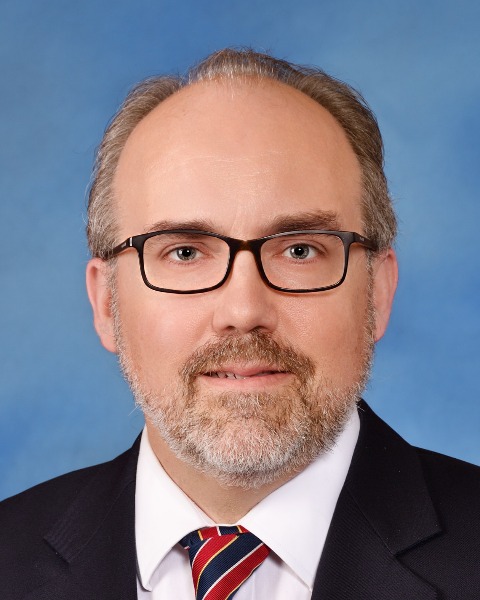
Andrew Nowalk, MD PhD (he/him/his)
Associate Professor
UPMC Childrens Hospital of Pittsburgh
Pittsburgh, Pennsylvania, United States -
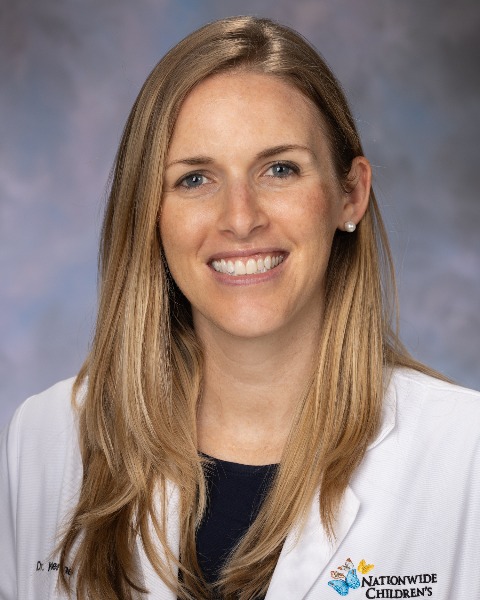
Katherine Bline, MD (she/her/hers)
Assistant Professor
Nationwide Children's Hospital
Columbus, Ohio, United States -
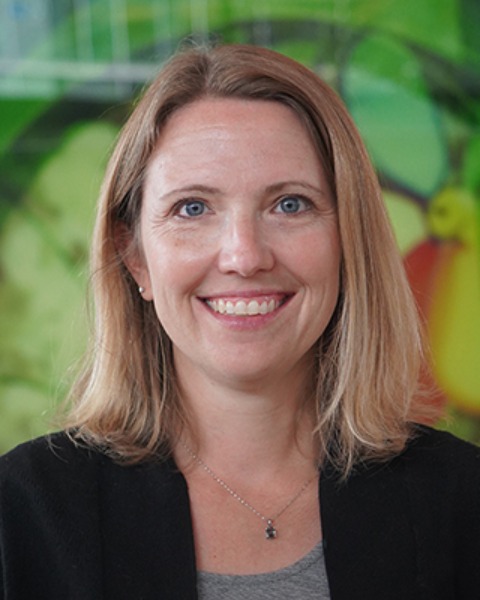
Candace Gildner, MD, PhD (she/her/hers)
Assistant Professor
Golisano Children's Hospital at The University of Rochester Medical Center
Rochester, New York, United States -
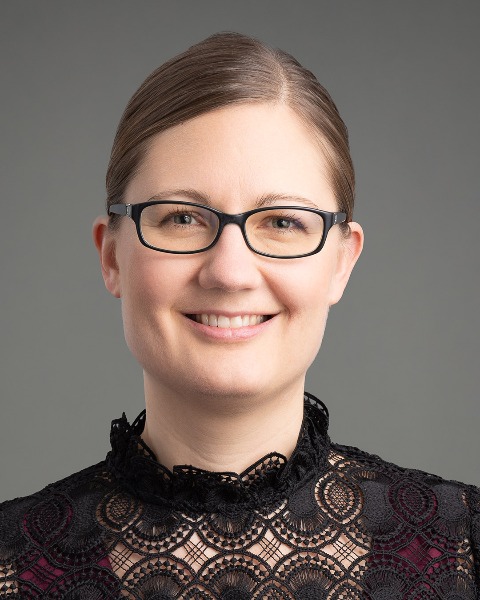
Emma Mohr, MD, PhD (she/her/hers)
Assistant Professor
Pediatrics
UNIVERSITY OF WISCONSIN-MADISON
MADISON, Wisconsin, United States -
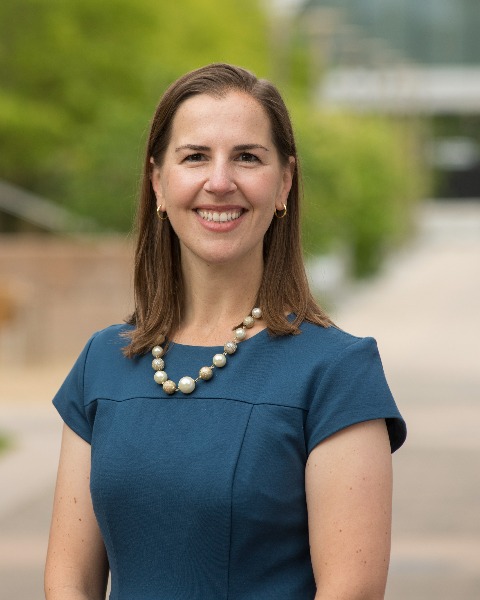
Caroline Rassbach, MD, MA Ed
Clinical Professor
Pediatrics
Stanford University School of Medicine
Palo Alto, California, United States -
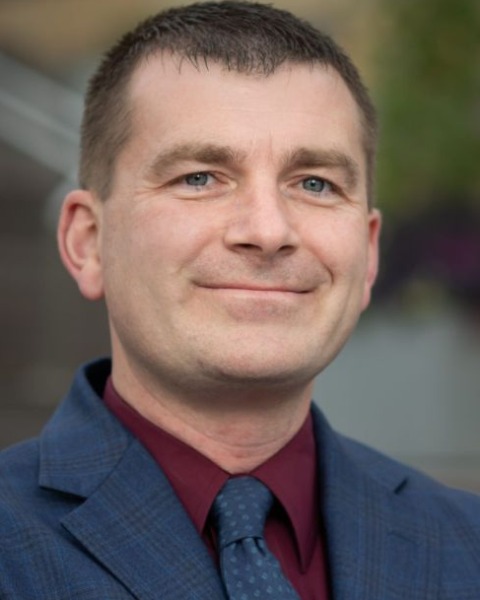
Brian Varisco, MD
Professor of Pediatrics, Vice Chair of Research, Director of Laboratory Research
Arkansas Children's Hospital
Little Rock, Arkansas, United States -
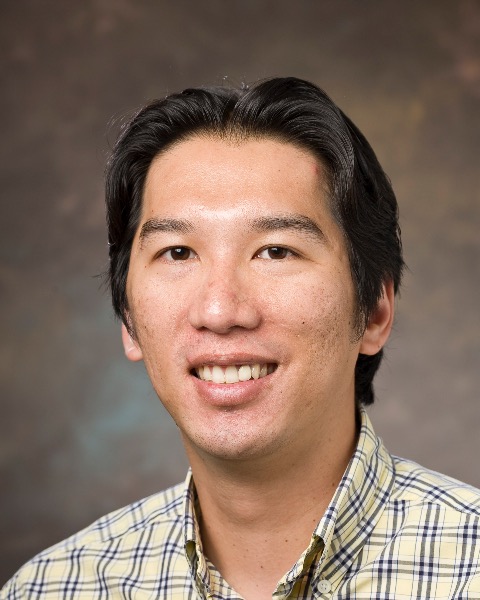
E. Vincent Faustino, MD, MHS (he/him/his)
Professor of Pediatrics (Critical Care)
Yale School of Medicine, United States -
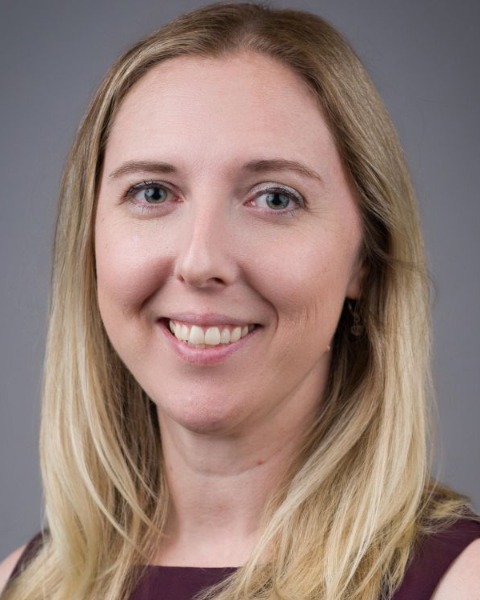
Danielle Callaway, MD, PhD (she/her/hers)
Assistant Professor
University of Texas Southwestern Medical Center
Dallas, Texas, United States -
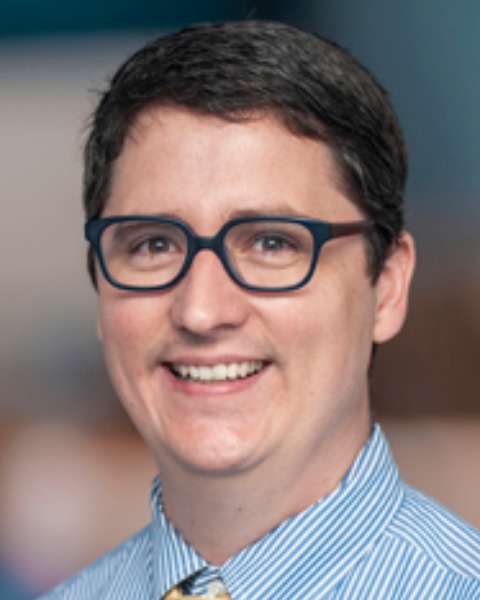
Weston Powell, MD PhD
Acting Assistant Professor
Seattle Children's Research Institute
Seattle, Washington, United States -
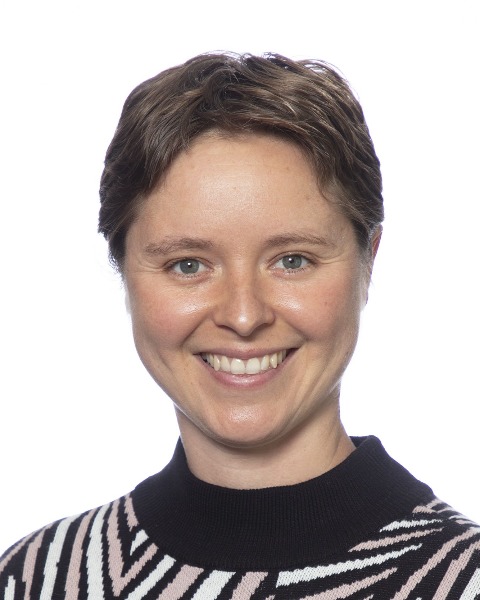
Jennifer Sequoia, MD PhD (she/her/hers)
Neonatology Fellow
Stanford University
Portola Valley, California, United States -
PA
Puja Agrawal, MD PhD
Resident Physician
Stanford University
Menlo Park, California, United States
Leader(s)
Co-Leader(s)
Workshop Description: This workshop will advance creation of critical metrics to understand and shape the future of the pediatric scientific workforce. The mechanisms by which pediatricians are trained in scholarship including the institutional resources applied, the individual training experience, and the short and long-term outcomes have not been uniformly defined. The lack of uniform data complicates development of initiatives and policies to enhance the pediatric scientific workforce, such as those deriving from the report the National Academies and being developed by the current Pediatric Workforce Initiative led by AMSPDC. The NPSCW (National Pediatrician Scientist Collaborative Workgroup), a group of over 30 pediatric physician-scientist training programs, and AMSPDC have partnered to define key metrics that should be captured to propel development of the pediatrician-scientist workforce. Previous efforts by NPSCW at PAS have defined the future needs for pediatrician-scientist trainees and the curriculum goals to meet these needs. This workshop will build on these efforts to foster community-wide discussion of metrics that should arise to define successful scholarship development. In this workshop we will explore the value of currently used metrics (e.g., publications, presentations, grants, promotions), identify new metrics that derive from NPSCW’s exploration of future needs for pediatrician-scientists (PAS 2022-2024; Burns et al, Pediatrics 2024), and engage the community to articulate novel measures that capture the unique pathways of scientific development across program sizes and specialties. These concepts will be focused through rigorous discussion into concrete measures that can be adapted by local and national bodies to describe and enhance pediatrician-scientist development.
Learning Objectives:
- Upon completion, participants will be able to relate current practices for assessing scientific development in pediatrics as compared to other disciplines such as medicine and surgery.
- Upon completion, participants will be able to identify individual metrics to assess and improve pediatric scientific workforce development
- Upon completion, participants will be able to define institutional/national metrics to assess pediatric scientific workforce development and outcomes.

